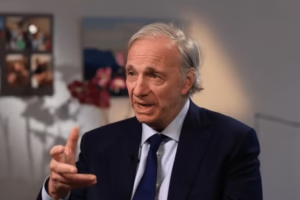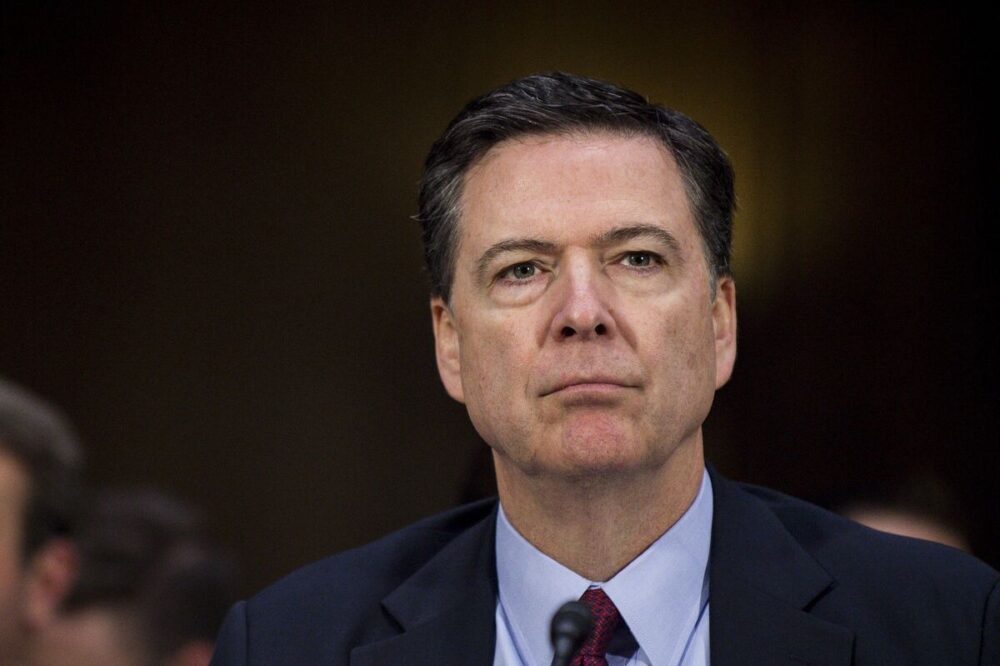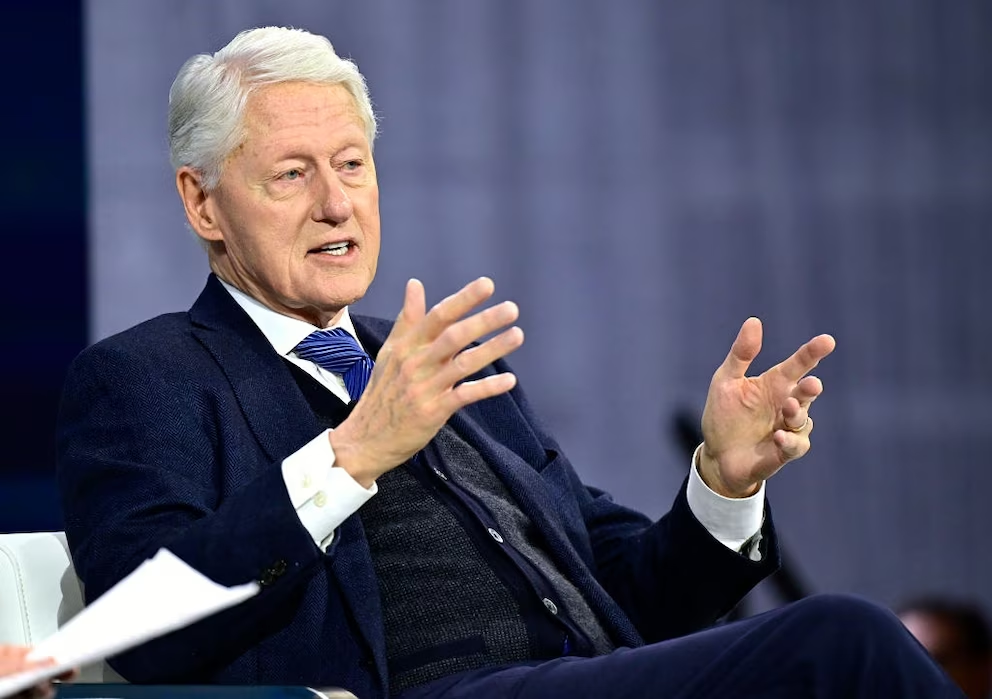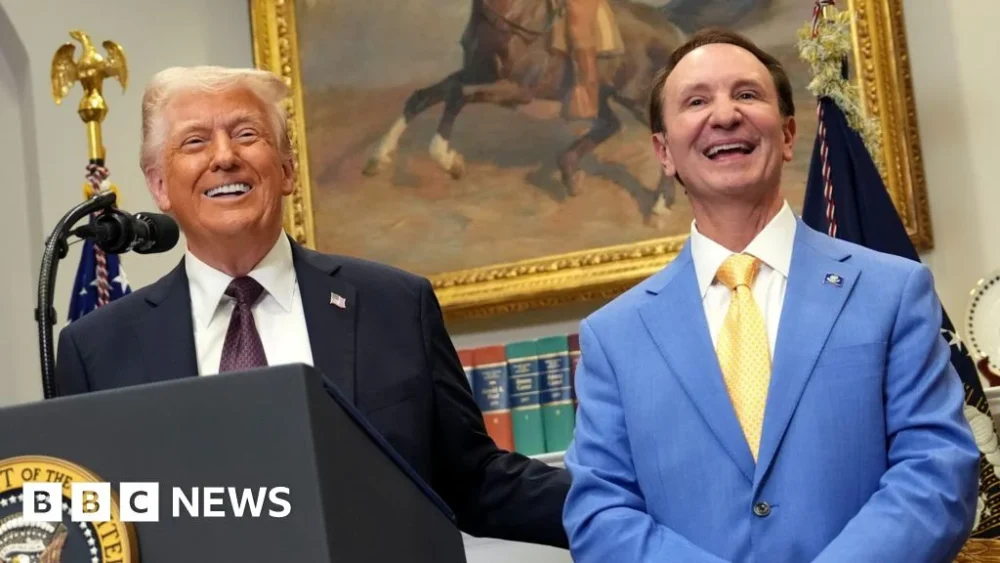A dramatic legal development unfolded as James Comey, former FBI Director, was charged with making a false statement and obstruction. The charges emerged shortly after President Trump appeared to urge his Justice Department to prosecute Comey along with other political opponents.
Prosecutors are reviewing whether Comey misled Congress during his testimony on September 30, 2020, related to leaks and the FBI’s Russia investigation. The timing has raised questions about political influence over legal proceedings.
In response to the indictment, Comey released a statement asserting his innocence and calling for a trial. He also highlighted the personal and institutional costs of confronting the former president’s influence over the Justice Department.
Simultaneously, Troy Edwards, Comey’s son-in-law and federal prosecutor, tendered his resignation. He stated his decision was motivated by his oath to the Constitution amid growing unease about politicizing prosecutorial authority.
Attorney General Pam Bondi issued remarks defending the move, portraying it as an effort to hold powerful figures accountable. She emphasized that no one is above the law, while also linking the action to the current administration’s broader legal agenda.
Against this backdrop, the Trump administration moved forward with executive orders targeting domestic “left-wing terrorism” and expanding the oversight role of a Joint Terrorism Task Force. Funding for climate initiatives and educational programs also came under scrutiny as part of broader budget cuts.
Elsewhere, tensions rose over the looming possibility of a government shutdown as Congress struggled to approve funding in the face of Trump’s proposed sweeping spending reductions.















